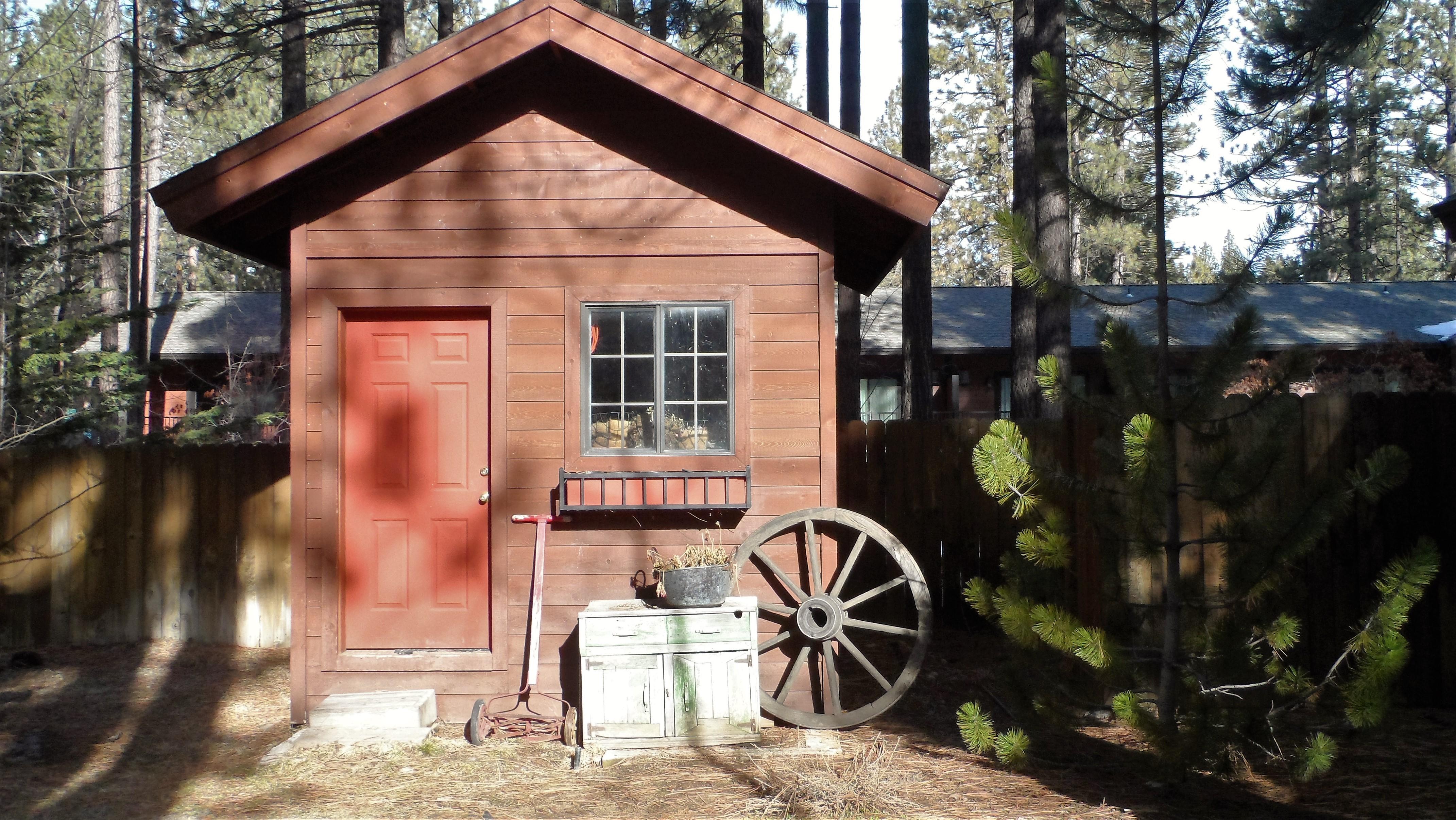
08 May Rising interest rates and your mortgage
Photo: castlelass/morguefile.comQ. I expect mortgage rates to go higher. We were planning to buy a bigger house in about three years but I’m wondering if we should do it sooner to get better rates. What do you think?
— Homeowner
A. Conventional wisdom says interest rates are heading higher.
If you’re thinking of buying a new home, interest rates are important but they’re not everything.
First, consider how long you might stay in the new home, which you should consider as an investment.
“If you stay in a home 20 to 30 years, I feel very comfortable saying you will make money on the deal,” said Jerry Lynch, a certified financial planner with JFL Total Wealth Management in Boonton. “Five years or less? Who knows.”
Ask yourself if you really need a bigger home.
Lynch said generally, a smaller home will cost less. You’d have a smaller mortgage, lower property taxes and cheaper maintenance costs.
But a smaller home could have disadvantages, too.
“The issue is if you buy too small and you have a growing family, you may have to move in a few years and it costs about 10 percent to sell and buy a new home — realtor commissions, moving costs, improvements needed to be done for the sale and more,” he said.
If you have children or you’re planning to have children, consider the school system.
Lynch said he’d rather pay more in property taxes and have a better school system than to pay less and have to send kids to private school. And, he said, property taxes that pay for public schools are tax deductible — at least for now — while private school tuition is not.
Now, the interest rate issue.
Lynch said if rates go up by 1 percent, your cost for a mortgage on a $500,000 home will go up by about $5,000 a year, or $420 per month.
“On my first condo in Hoboken, my interest rate was 8.5 percent — about 4.5 percent higher than current rates. That would cost you an additional $22,500 per year or an additional $1,875 per month,” he said. “So especially if you are there for a long time, there is a very compelling reason to lock in a good rate now.”
From an investment standpoint, rising interest rates could hurt you in the future when you have to sell your home.
That’s because people generally buy a home by the monthly payment, not the price, Lynch said.
For example, take a couple who decides they can afford a property at a cost of $3,000 per month, all in, which includes property taxes, mortgage and insurance. If interest rates rise, that would put downward pricing pressure on homes, Lynch said.
“My concern here is if you buy that bigger home, and you have to get out due to a job switch or whatever, you can end up losing a lot of money when you look to sell it,” he said.
Good luck!
Email your questions to .
This story was first published in May 2017.
NJMoneyHelp.com presents certain general financial planning principles and advice, but should never be viewed as a substitute for obtaining advice from a personal professional advisor who understands your unique individual circumstances.
